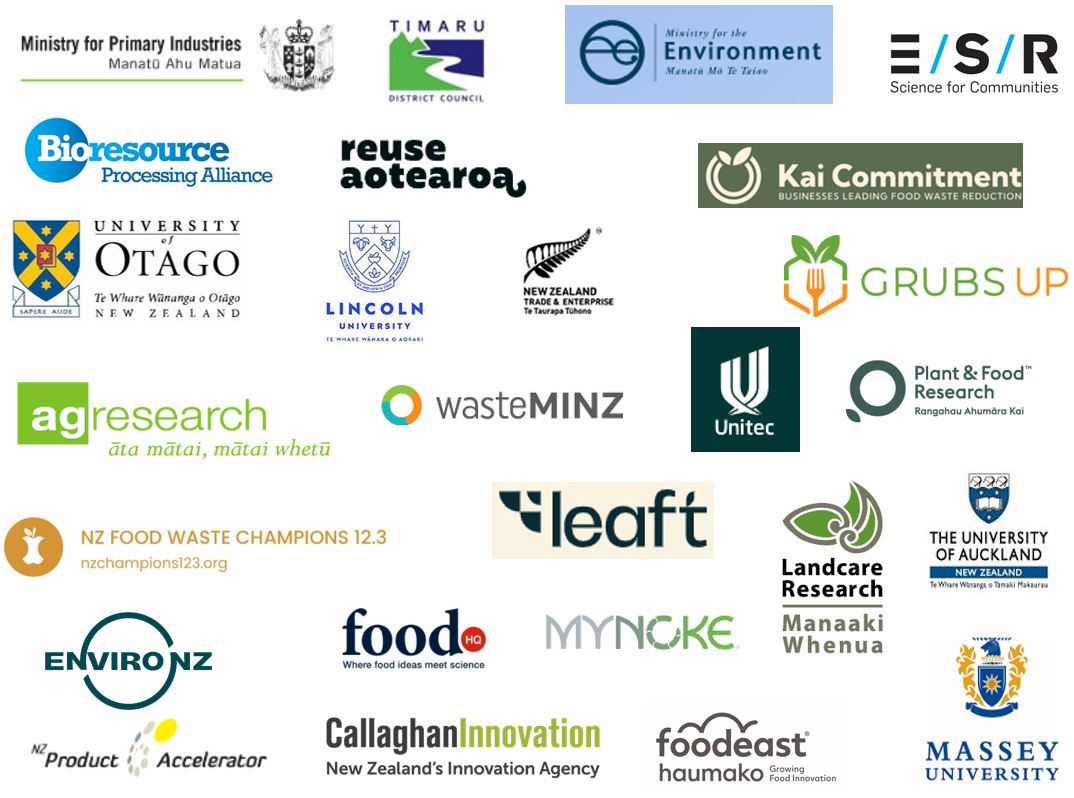Creating solutions through collaboration
What is Sustainable is Attainable?
The goal of Sustainable is Attainable is to develop viable alternatives for the waste & by-products generated during food processing and manufacturing. This is achieved through collaboration across businesses, universities and research & development organisations.
The programme is industry-focused and originated in South Canterbury, New Zealand.
In August 2021, the Hawke's Bay was the second region of New Zealand to launch Sustainable is Attainable.
We are pleased to announce that in November 2023 the Manawatū was the third region of New Zealand to launch Sustainable is Attainable.
Who's involved?
A large number of businesses, universities and research & development organisations are involved in the initiative, which includes data collection, assessment, identification and progression of various solutions.
South Canterbury-based food processing and manufacturing businesses
Nationwide universities and research & development organisations
How did the program start?
Stage 1: Setting the foundations
The first hui was hosted in May 2019 by DB Breweries at their Washdyke site, where representatives from 10+ organisations gathered to set the wheels in motion.
They were joined by representatives from University of Canterbury, Callaghan Innovation and New Zealand Product Accelerator - organisations that can contribute valuable resources and expertise towards developing potential solutions.
At this event, the group established their main areas of focus – biowastes and plastics. These were chosen because they presented the most common challenges across the businesses. It was also recognised that any solutions developed for these particular problems could be translated to other regions of New Zealand.
Stage 2: Understanding the scale and opportunities
Over the last two years, the group have welcomed the dedication of students and supervisors operating out of the University of Canterbury Biomolecular Interaction Centre.
Three students conducted on-site analysis of each company’s plastic and biowaste streams and their volumes, developing a database to guide potential solutions for managing by-products and waste streams across the sector. The students’ work was funded by Callaghan Innovation R&D Student Experience Grants.
Over the course of the initiative, additional universities and research and development organisations from across the country have become involved.
What's next?
Stage 3 is now underway, involving a broader collaboration with academics and R&D organisations including Callaghan Innovation and AgResearch, to explore the scientific and technical feasibility, along with potential commercialisation of the identified opportunities.
As work progresses, the group strives to maintain the integrity of the program by leveraging their diverse knowledge and skillsets to develop solutions that will have a positive impact on the wider community and the environment.
Opportunities for sustainable waste & by-product management
- Plastic shredder project
- Beer to Beef project
- The re paver project
- Bio-hydrogen fermentation using extremophiles, DAF and filter sludge - bio-catalysis of DAF dairy sludge into biohydrogen; other applications for yeast filter sludge
- Vermicast production
- Soldier Fly Insect technology – high protein fish meal pellets
- High value soil conditioners
- Reue of bio-waste's as animal feeds
- Collaborative approach to realising sustainable energy and circular economy opportunities
- Extracting useful material from plants for potential applications in cosmetics and/or to formulate nutraceuticals/cosmeceuticals
- Pyrolysis of plastic waste into fuels
- Using animal skins as a waste source for compost
- Blending food grade by-products into baked, puffed or extruded food products
- Exploring the polyphenols and antioxidant potential of the biowaste products for multiple different uses
- Isolation of plant proteins for human food products
- Celebrating and communicating the innovative work being done by producers across:
- Maximising the use of their raw products
- Minimising food loss and food waste
Get in touch
Want to contribute
We'd love to chat! Send us an email or call 03 687 2730.

